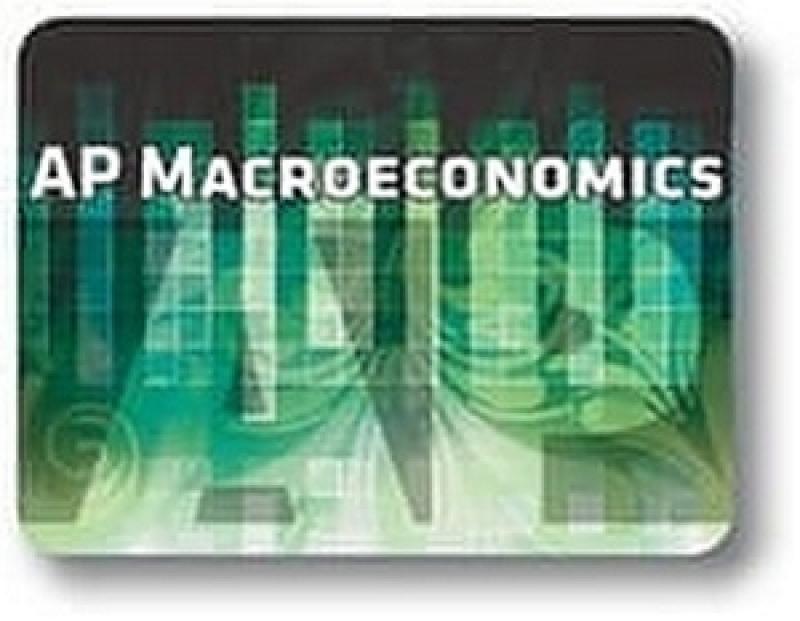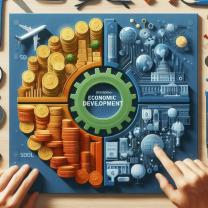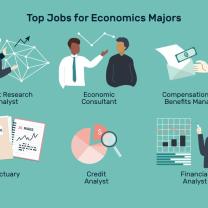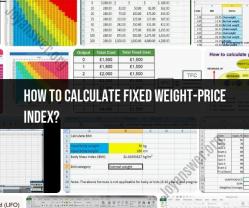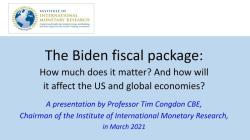What do you learn in a macroeconomics course?
A macroeconomics course explores the broader aspects of economics, focusing on the overall performance and behavior of an economy as a whole. The content of a macroeconomics course typically covers a variety of topics, and the learning objectives may vary based on the specific curriculum and educational institution. However, here are common topics and learning objectives often included in macroeconomics courses:
Introduction to Macroeconomics:
- Objective: Understand the scope and purpose of macroeconomics in analyzing aggregate economic phenomena.
Measuring Economic Performance:
- Topics:
- Gross Domestic Product (GDP)
- National Income Accounting
- Economic Indicators
- Objectives:
- Learn to calculate and interpret GDP.
- Understand the components of national income and their significance.
- Analyze economic indicators such as inflation rates, unemployment rates, and economic growth.
- Topics:
Aggregate Demand and Aggregate Supply:
- Topics:
- Aggregate Demand
- Aggregate Supply
- Equilibrium in the Goods and Money Markets
- Objectives:
- Explore the factors influencing aggregate demand.
- Analyze the determinants of aggregate supply.
- Understand the concept of equilibrium in goods and money markets.
- Topics:
The Keynesian Model:
- Topics:
- Consumption and Saving
- Investment
- Fiscal Policy
- Objectives:
- Explore the principles of consumption and saving.
- Understand the factors influencing investment.
- Analyze the role of fiscal policy in economic stabilization.
- Topics:
Money and Banking:
- Topics:
- Money and Its Functions
- Banking and the Money Supply
- Monetary Policy
- Objectives:
- Understand the functions and characteristics of money.
- Explore the role of banks in the money supply.
- Analyze the objectives and tools of monetary policy.
- Topics:
Unemployment and Inflation:
- Topics:
- Types of Unemployment
- Inflation and Its Measurement
- Objectives:
- Identify different types of unemployment.
- Analyze the causes and consequences of inflation.
- Explore methods of measuring inflation.
- Topics:
Economic Growth:
- Topics:
- Factors Influencing Economic Growth
- Productivity
- Growth Policies
- Objectives:
- Understand the determinants of economic growth.
- Analyze the role of productivity in economic development.
- Explore policies aimed at promoting sustainable economic growth.
- Topics:
International Trade and Finance:
- Topics:
- Comparative Advantage
- Balance of Payments
- Exchange Rates
- Objectives:
- Understand the concept of comparative advantage.
- Analyze the components of the balance of payments.
- Explore the determinants of exchange rates.
- Topics:
Government and the Economy:
- Topics:
- Government Spending and Taxation
- Budget Deficits and Surpluses
- Public Debt
- Objectives:
- Analyze the impact of government spending and taxation on the economy.
- Understand the implications of budget deficits and surpluses.
- Explore issues related to public debt.
- Topics:
Economic Policy and Economic Challenges:
- Topics:
- Economic Policy Tools
- Challenges in the Global Economy
- Objectives:
- Understand the tools of economic policy.
- Analyze challenges and issues in the global economy.
- Topics:
These topics provide a comprehensive overview of macroeconomic principles and their applications. Throughout the course, students may engage in case studies, economic analyses, and discussions to apply theoretical concepts to real-world economic situations. Keep in mind that specific course content may vary across institutions, and instructors may tailor their courses to emphasize certain aspects of macroeconomics based on academic goals and objectives.
What are the primary subjects or topics covered in a typical macroeconomics course?
A typical macroeconomics course delves into the broader workings of an economy as a whole, focusing on factors like aggregate output, unemployment, inflation, and economic growth. Here are some primary subjects or topics you can expect to encounter:
1. National Income and Output:
- This module measures overall economic activity through tools like Gross Domestic Product (GDP) and national income accounting. You'll learn how to calculate and interpret these indicators, understanding their relationship to factors like consumption, investment, and government spending.
2. Economic Growth and Development:
- This area explores the determinants of long-term economic growth, analyzing factors like capital accumulation, technological advancements, and human capital. You'll investigate different theories of economic growth and study policies aimed at promoting sustainable development.
3. Unemployment and Wages:
- This module examines the concept of unemployment, its types (frictional, structural, cyclical), and its causes and consequences. You'll analyze labor market dynamics, wage determination theory, and policies aimed at reducing unemployment and inequality.
4. Inflation and Monetary Policy:
- This area investigates the phenomenon of inflation, its measurement, and its impact on the economy. You'll learn about different theories of inflation and how central banks use monetary policy instruments like interest rates to manage inflation and stabilize the economy.
5. Fiscal Policy and Government Debt:
- This module explores the role of government spending and taxation in managing the economy. You'll analyze the impact of fiscal policy on aggregate demand, economic growth, and government debt levels.
6. International Trade and Finance:
- This area examines the role of international trade and capital flows in the global economy. You'll explore concepts like comparative advantage, tariffs, exchange rates, and the international payments system.
7. Economic Model Building and Analysis:
- This module introduces basic economic models used to analyze and predict economic behavior. You'll learn about concepts like supply and demand models, macroeconomic equilibrium, and the use of models for policy evaluation.
8. Current Economic Issues and Debates:
- Many courses incorporate discussions on contemporary economic challenges and policy debates. These might include topics like income inequality, environmental sustainability, technological disruption, and global economic integration.
Additional Notes:
- The specific topics covered can vary depending on the level of the course (introductory, intermediate, advanced), instructor's focus, and current economic events.
- Some courses may have a specific regional or sectoral focus, such as macroeconomics for developing countries or the macroeconomics of the financial sector.
Overall, a macroeconomics course equips you with the tools and knowledge to understand the big picture of how economies function, analyze policy options, and engage in informed discussions about economic issues.
